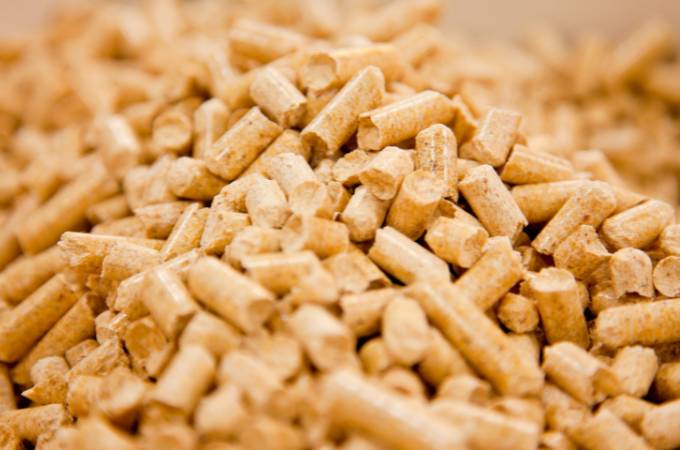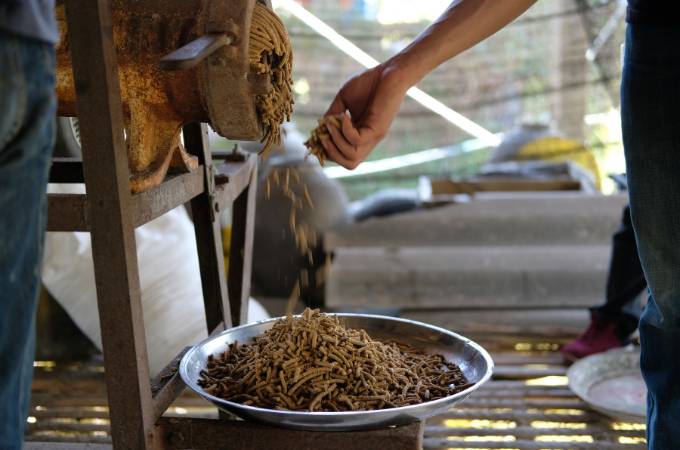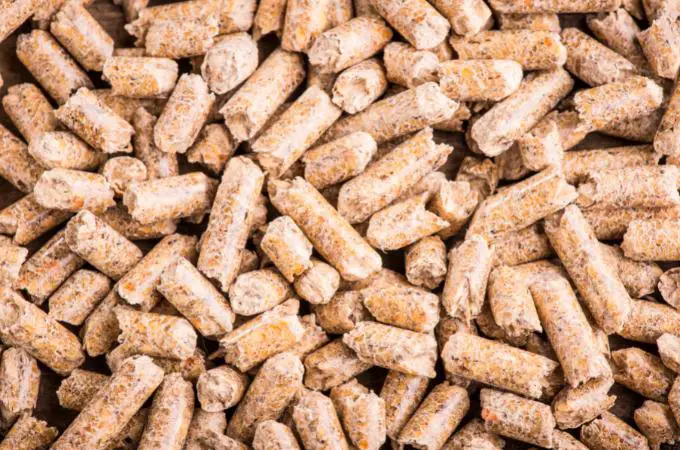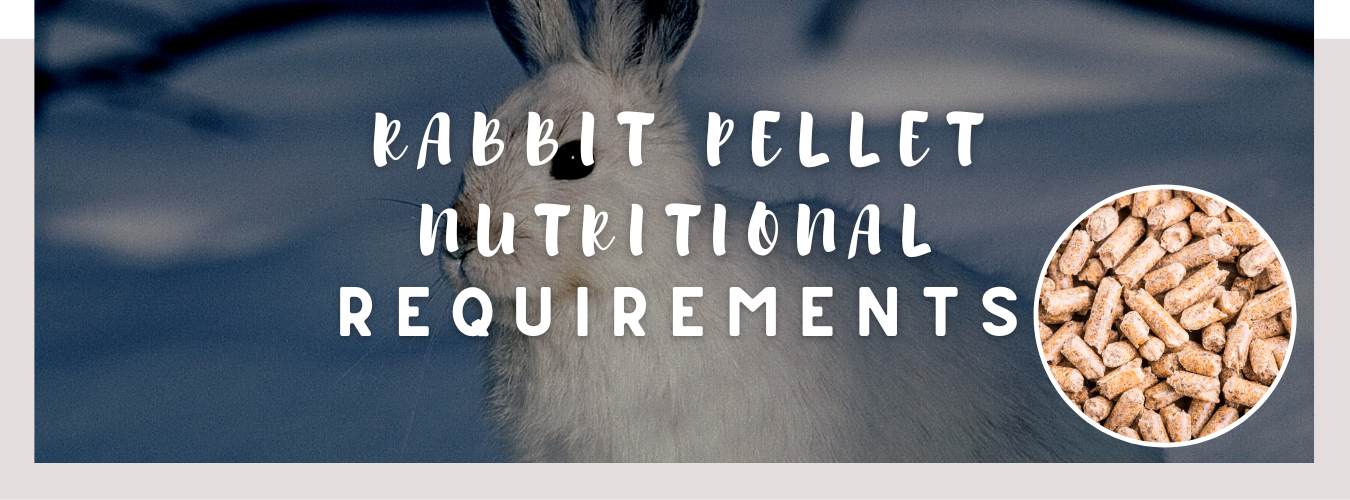
Rabbits make wonderful pets and one of the most important aspects for keeping a rabbit healthy and content is proper nutrition. Feeding your bunny an appropriate diet is key for their overall wellbeing, so in this article, we’ll look into rabbit nutritional requirements, including essential nutrients, feeding recommendations, and more. So let’s dive into this fascinating world of rabbit pellet nutritional requirements together!
Rabbit Nutritional Needs
Benefits of Pellets
Pellets offer rabbits a concentrated source of essential vitamins, minerals and other essential nutrients. While hay and fresh vegetables should still form the bulk of a rabbit’s diet, pellets provide additional nutrition to ensure they receive an all-inclusive diet. With pellets in place, H3s can enjoy a well-rounded diet regardless of what form it takes!
Different Types of Rabbit Pellets
Rabbit pellets come in a variety of nutritional levels. Some popular choices include:
- Alfalfa-based pellets: High in protein and calcium, these are ideal for young rabbits as well as pregnant or nursing does.
- Timothy hay-based pellets: Less protein and calcium content makes these pellets suitable for adult rabbits.
- Organic Pellets: Organic pellets are made with all-natural ingredients and free from pesticides and artificial additives.
You might also like: Can Rabbits Eat Fennel?
Essential Nutrients in Rabbit Pellets

Fiber
Fiber is an essential part of a rabbit’s diet, as it aids digestion and promotes a healthy gastrointestinal tract. High-fiber pellets can help you prevent digestive issues and keep your pet’s system running optimally.
Protein
Protein is essential for rabbit’s muscle and tissue health. Young rabbits, pregnant or nursing does, and nursing does require more protein than adult bunnies require; thus, select a pellet with an appropriate level of protein content tailored specifically to your pet’s requirements.
Fats
Rabbits need some fat in their diet for energy and to absorb fat-soluble vitamins. However, an excessive intake of this dietary fat may lead to obesity and other health problems. To ensure your rabbit stays healthy and happy, opt for a pellet with a moderate fat content.
Vitamins and Minerals
Rabbits require a range of vitamins and minerals for optimal health. Pellets should contain essential vitamins like vitamin A, D, and calcium to ensure an balanced diet.
You might also like: What Type of Hay is Best for Rabbits?
Nutritional Advice

Amount of Pellets to Feed
When feeding your rabbit, the amount of pellets to give them depends on factors like their age, weight and activity level. On average, adult rabbits should receive approximately 1/4 cup of pellets per 5 pounds of body weight daily; younger animals, pregnant or nursing does and those with higher energy demands may require more pellets. Consult your veterinarian for personalized recommendations tailored specifically towards your rabbit’s individual requirements.
Selecting the Appropriate Pellet
Selecting the ideal pellet for your rabbit is essential to their health. Here are some tips to help you select the ideal pellet:
- Choose a pellet with high fiber content (18-22%).
- Opt for one with moderate protein levels (12-14% for adults, 16-18%).
- Avoid pellets that contain added sugars, artificial colors or excessive fat amounts.
- When selecting a pellet diet for your rabbit, take into account their age, weight, and reproductive status.
Monitoring Your Rabbit’s Diet
Regularly monitoring your rabbit’s diet is key to guarantee they’re getting all of their necessary nutrients. Keep an eye on your rabbit’s weight, energy level and overall health to determine how effective their current food plan is working for them. Make necessary adjustments in pellet type or amount fed as necessary, and consult with a veterinarian if there are any concerns about nutrition.
Homemade or Store-bought Pellets?
Store-bought pellets are convenient and readily available, but some rabbit owners may prefer to make their own homemade pellets in order to have more control over the ingredients and nutritional content. If you opt to make your own pellets, research high-quality ingredients that meet your rabbit’s dietary requirements carefully; consult with a veterinarian for assistance creating an balanced homemade pellet recipe.
Conclusion
Ensuring your rabbit receives proper nutrition is essential for their wellbeing. Pellets play an integral role in providing essential nutrients like fiber, protein, vitamins, and minerals – so by carefully selecting the correct type and amount of pellets for your furry friend and regularly monitoring their diet you can help ensure they remain contented and healthy.
FAQs
How Many Pellets Should I Feed My Rabbit Daily?
Adult rabbits typically need 1/4 cup of pellets per 5 pounds of body weight daily, although younger rabbits, pregnant or nursing does, and those with higher energy demands may require more. Consult your veterinarian for personalized recommendations tailored specifically for your rabbit’s individual requirements.
What Should I Look for When Selecting Rabbit Pellets?
Choose a pellet with high fiber content (18-22%), moderate protein levels (12-14% for adults and 16-18% for young rabbits), and low to moderate fat content. Steer clear of pellets with added sugars, artificial colors, or excessive amounts of fat.
Can I give my rabbit only pelleted food without providing him with hay or vegetables?
No, a balanced rabbit diet should consist of hay, fresh vegetables and pellets. Hay should form the majority of their food as it provides essential fiber for proper digestion while fresh veggies provide additional vitamins and minerals.
Can I Make My Own Rabbit Pellets at Home?
Yes, it is possible to make your own rabbit pellets at home; however, it’s essential that you carefully research and select high-quality ingredients that meet your rabbit’s nutritional needs. Speak with a veterinarian for assistance in creating an appropriate homemade pellet recipe.
How often should I monitor my rabbit’s diet and make necessary changes?
Regularly monitoring your rabbit’s diet is key to guarantee they get all necessary nutrients. Keep an eye on their weight, energy levels and overall health to assess its success with their current food regimen. Adjust as necessary the type and amount of pellets fed; consult with a veterinarian if any concerns arise about nutrient levels or weight. It’s wise to evaluate this every few months or whenever there are noticeable changes in health or weight.










